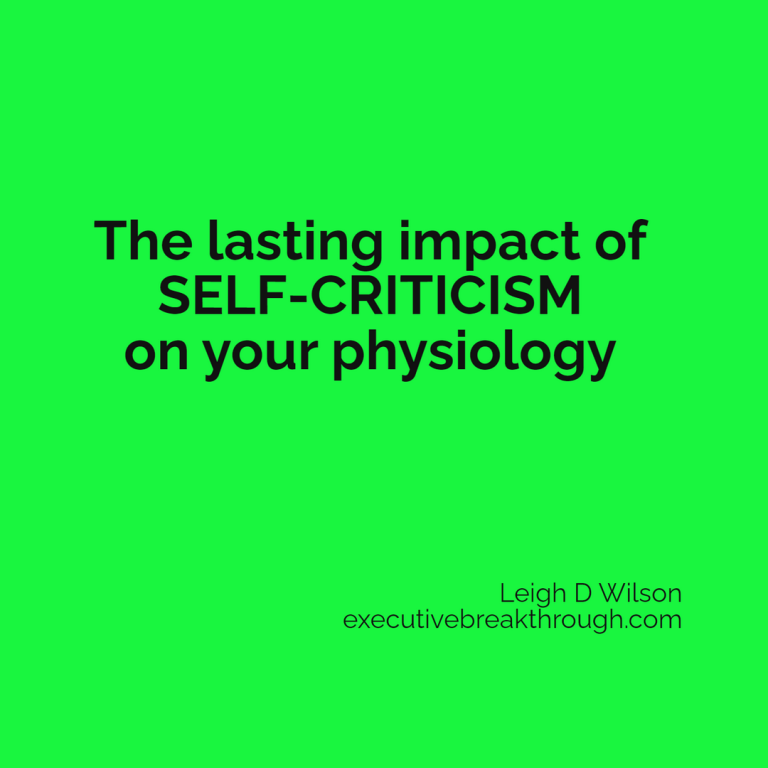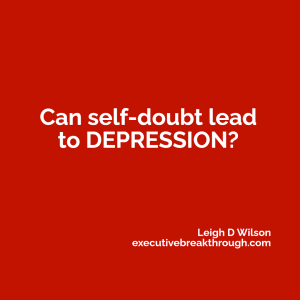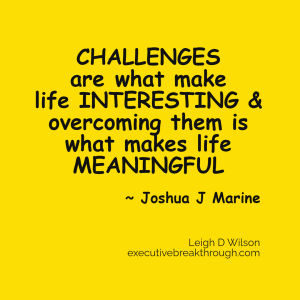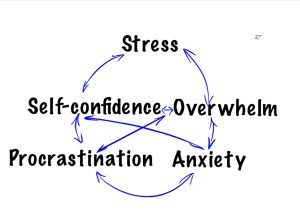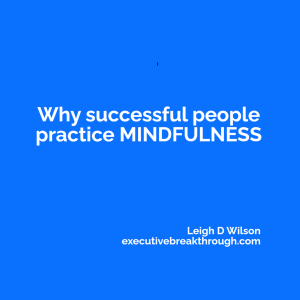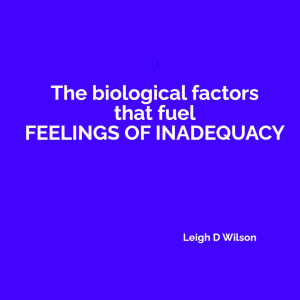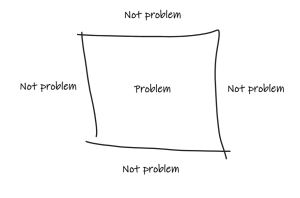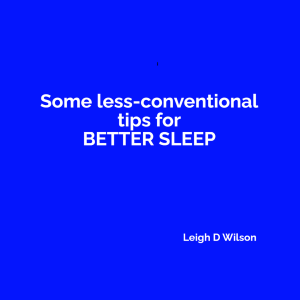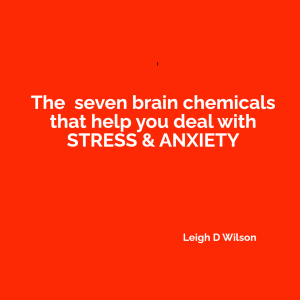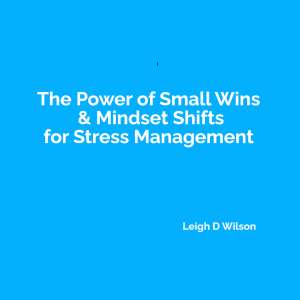The Lasting Impact of Self-Criticism on Your Breathing, Posture, and Movement
We all know that harsh self-criticism can affect our mental health, but have you ever considered its lasting impact on your physical well-being? It turns out that the way you talk to yourself doesn’t just influence your thoughts and emotions; it also plays a significant role in your breathing, posture, and movement patterns. Understanding this connection can be the key to breaking free from the physical manifestations of self-criticism.
Breathing and the Critic Within
When you’re constantly berating yourself, it triggers the body’s stress response. One immediate consequence? Shallow, rapid breathing. Over time, this can become your default breathing pattern, depriving your body of the optimal levels of oxygen it needs to function well. You’re inadvertently creating a loop where your self-critical thoughts induce stress, and the stress makes you more susceptible to negative thinking.
The Slouch of Self-Doubt
Think about your posture when you’re feeling down on yourself. Chances are you’re not standing tall with your shoulders back; you’re likely slouching or hunched over. Prolonged self-criticism leads to poor posture, and the physical repercussions don’t end there. Poor posture can lead to muscle imbalances, chronic pain, and even affect your digestive system. All of these physical issues can serve as constant, uncomfortable reminders of your inner critic.
Restricted Movement Patterns
How freely do you move when you’re weighed down by self-critical thoughts? Restricted, hesitant movements often mirror mental constraints. You might find that you’re less willing to engage in physical activities, or that your range of motion is limited. This restrictive behaviour is a physical manifestation of the mental limits you’re imposing on yourself through self-criticism.
Breaking the Cycle
So, how can you break free? First, awareness is key. Recognize how your physical state changes when you engage in self-criticism. By becoming mindful of your breathing, posture, and movements, you can start to alter these patterns.
Breathing exercises, such as deep diaphragmatic breathing, can help you develop healthier breathing habits. When it comes to posture, imagine a string pulling you upwards from the top of your head; this visualization can help align your spine and open your chest. Physical activity, like yoga or tai chi, can also improve both posture and movement, giving you a greater sense of control and freedom.
Enlisting the help of professionals, like physical therapists or coaches, can provide targeted guidance to correct these enduring patterns. They can offer actionable strategies tailored to your specific physical and mental needs.
In summary, self-criticism does more than just harm your mental well-being; it leaves a lasting imprint on your physical health too. But the power to change lies in your hands. With awareness and action, you can reclaim control over your body and mind, turning your inner critic into your inner cheerleader.
If regular self-criticism is troubling you or holding you back in some way, let’s have a chat. There is every possibility that I can help you quickly let this go, possibly in only a session or two.
#feelingstuck #selfdoubt #worry #stress #anxiety #selfconfidence #overwhelm #procrastination #burnout

